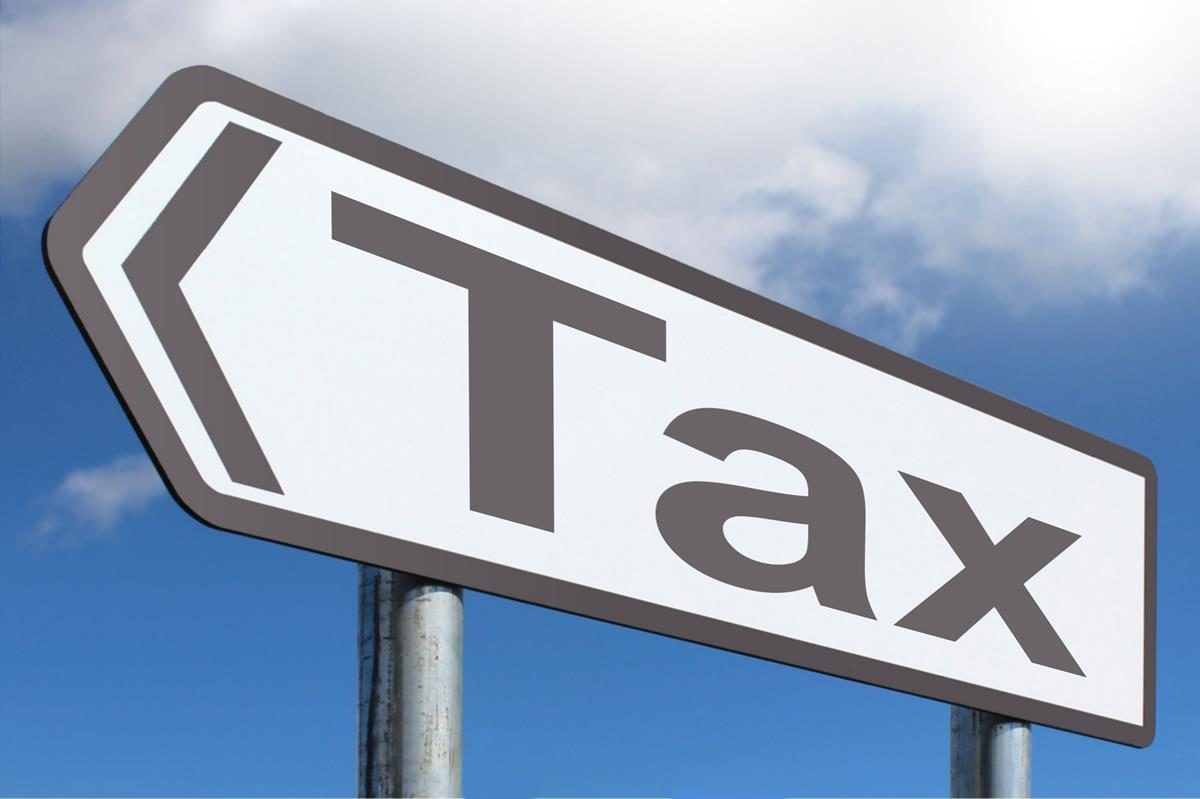According to the minutes of the Council’s meeting on December 31, “Certain disputes have arisen regarding GST rates where specified goods attracting 5% GST are supplied along with services of construction etc and other goods for solar power plant.”
The document continued, “To resolve the dispute the Council has recommended that in all such cases, the 70% of the gross value shall be deemed as the value of supply of said goods attracting 5% rate and the remaining portion (30%) of the aggregate value of such EPC contract shall be deemed as the value of supply of taxable service attracting standard GST rate.”
Expressing dissatisfaction, the Solar Power Developer Association (SPDA) has demanded a uniform 5% GST on solar power generating systems (SPGS) adding that in effect the total tax on SPGS would increase to 8.9%, which is much higher than the effective 5% tax in the pre-GST era.
In the pre-GST era, roughly 10% of total project costs were covered by a service tax of 15%, with the net tax burden being less than 5%.
“It is pertinent to note that services are incidental to the contract and are minimal in the whole scope of work (not being more than 5% of the total contract value). The SPGS cannot be supplied in isolation without services such as installation and commissioning,” the SPDA stated in a letter to Finance Minister Arun Jaitley last week.
“As such, the entire contract for supply of SPGS (including service portion) should qualify as supply of SPGS and should be taxed at the concessional rate of 5%,” it continued.
The tax-tussle began when the new GST was introduced in July 2017. As SPGS was not defined in the law, much chaos ensued.
The Supreme Court ruled that solar power plants would be considered an immovable property and would attract 18% tax under “works contract”.
According to the Authority for Advanced Ruling (AAR), the setting up of solar projects is also classified as a work contract, since they consist of the supply of goods and services packaged into an immovable property. Therefore, these projects are liable to be taxed at the 18% rate that applies to such work contracts.
Despite pleas by developers and solar bodies, in September last year and following in Rajasthan’s footsteps, Maharashtra’s AAR also set a GST of 18% on solar projects.
This content is protected by copyright and may not be reused. If you want to cooperate with us and would like to reuse some of our content, please contact: editors@pv-magazine.com.








With the union government in its last term of final year, budget to be presented will be vote on account budget. No GST council meet is scheduled between now and elections and hence rationalization of tax would be possible after parliamentary elections.